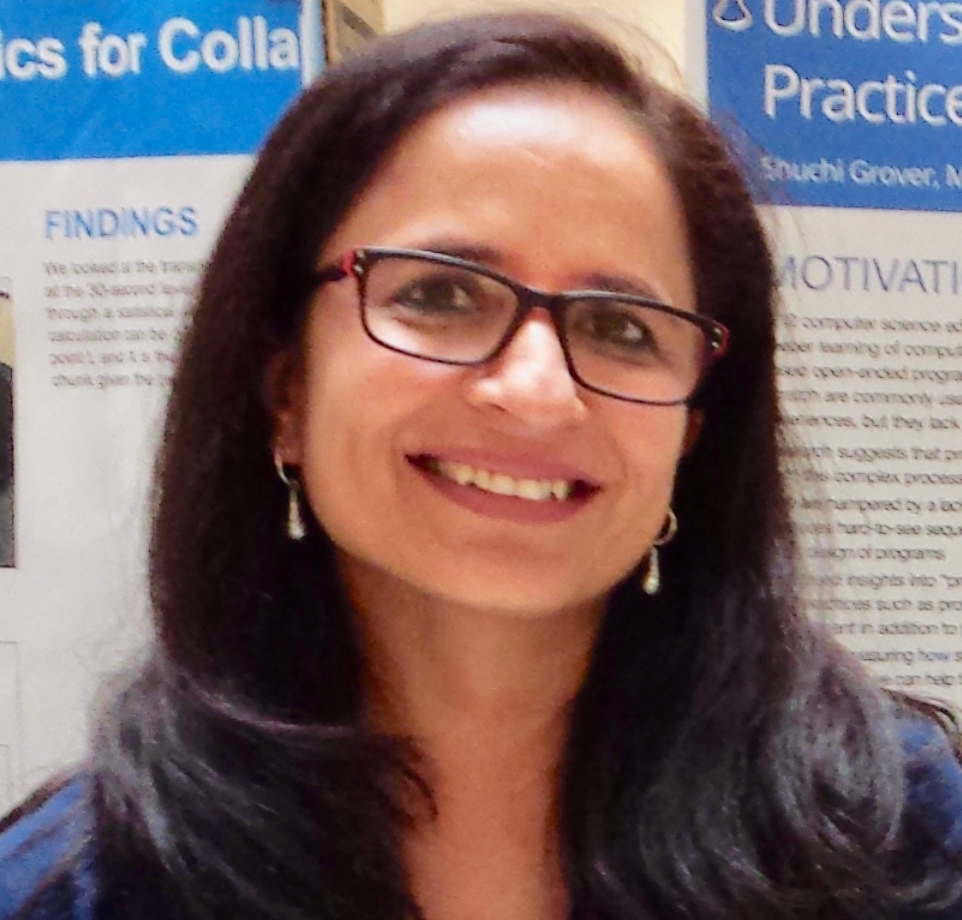Cited By
View all- Bautista-Vallejo JHernández-Carrera R(2020)Aprendizaje basado en el modelo STEM y la clave de la metacogniciónInnoeduca. International Journal of Technology and Educational Innovation10.24310/innoeduca.2020.v6i1.67196:1(14-25)Online publication date: 1-Jul-2020


